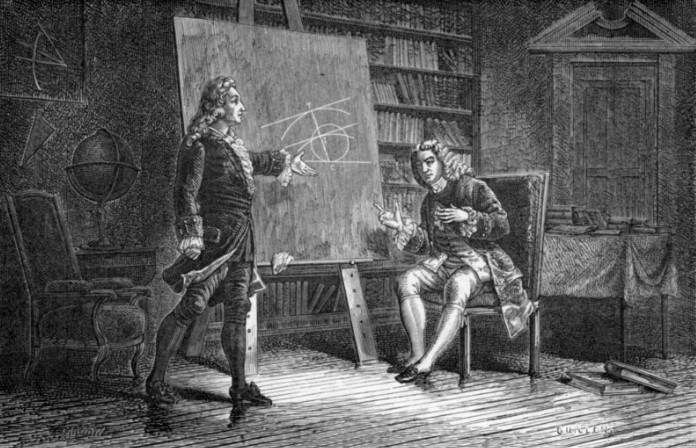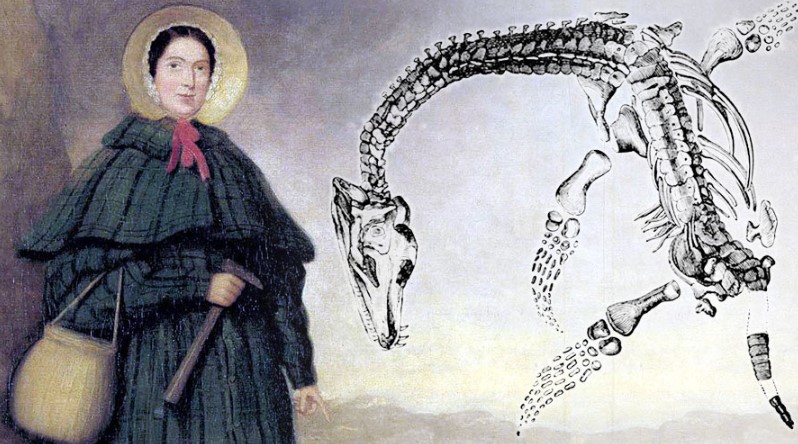
Daniel Bernoulli
Introduction
Let’s take a fascinating dive into the life of Daniel Bernoulli, a Swiss mathematician and physicist whose work revolutionized several fields. Born into a family of renowned mathematicians, Bernoulli’s contributions laid the foundation for many modern scientific and engineering principles. His work transcends time, influencing contemporary science and engineering practices. But who was Daniel Bernoulli, and why is his legacy so significant?
Early Life and Education
Daniel Bernoulli was born on February 8, 1700, in Groningen, Netherlands, into a family of mathematicians. His father, Johann Bernoulli, was a prominent mathematician, and his uncle, Jakob Bernoulli, was known for his work in calculus. Growing up in such an intellectually stimulating environment, Daniel’s path into science seemed almost predestined.
Bernoulli’s education began under the strict guidance of his father. Despite an early interest in mathematics, his father pressured him to study business and later medicine. He eventually earned a degree in medicine from the University of Basel, but his heart remained with mathematics and physics.
Academic Pursuits
Daniel Bernoulli’s academic career initially followed his father’s wishes. He studied medicine, receiving his doctorate in 1721. However, his passion for mathematics and physics could not be subdued. He soon began working on problems related to fluid dynamics and probability, which would later define his career.
In 1724, Bernoulli accepted a position at the University of St. Petersburg, where he worked alongside other prominent mathematicians, including Leonhard Euler. It was here that Bernoulli made significant strides in fluid dynamics, laying the groundwork for what would become known as the Bernoulli Principle.
Contributions to Fluid Dynamics
One of Daniel Bernoulli’s most notable achievements is the Bernoulli Principle, a fundamental concept in fluid dynamics. This principle states that an increase in the speed of a fluid occurs simultaneously with a decrease in pressure or potential energy. This discovery was monumental, providing a critical understanding of fluid behavior and influencing various applications in engineering and aerodynamics.
Applications of the Bernoulli Principle
The Bernoulli Principle has a wide range of applications. It explains the functioning of airplane wings, which generate lift due to pressure differences. It’s also crucial in the design of various engineering systems, such as pipelines and ventilation systems. The principle even finds application in everyday objects like carburetors in engines and the design of perfume atomizers.
Work in Probability and Statistics
Beyond fluid dynamics, Bernoulli made substantial contributions to probability and statistics. His work in probability theory, particularly the Bernoulli distribution, forms the foundation of modern statistical theory. He applied these principles to various practical problems, including risk assessment and financial forecasting.
Bernoulli’s Contributions to Mechanics
Daniel Bernoulli’s curiosity led him to explore the mechanics of solids and gases. His kinetic theory of gases, which described gas pressure in terms of molecular collisions, was a precursor to the later development of statistical mechanics. His insights into solid mechanics also influenced future studies on material strength and elasticity.
Collaboration and Conflict with Euler
Bernoulli’s professional relationship with Leonhard Euler was both productive and tumultuous. They collaborated on several projects, but their partnership was marred by intense competition and personal conflicts. Despite these challenges, their combined efforts significantly advanced the field of mathematics and physics.
Medical Applications of Bernoulli’s Work
Interestingly, Bernoulli’s expertise in fluid dynamics found applications in medicine as well. He applied his principles to understand blood flow and respiratory physiology. His insights helped in developing early models of the circulatory and respiratory systems, contributing to medical science’s understanding of these vital processes.
Bernoulli’s Impact on Economics
Daniel Bernoulli also made significant strides in economics. He introduced the concept of utility theory, which examines how individuals make decisions based on perceived value rather than absolute value. His work on the St. Petersburg Paradox highlighted the complexities of risk and reward, influencing modern economic theory.
Legacy and Honors
During his lifetime, Daniel Bernoulli received numerous accolades for his contributions. He was elected to the Berlin Academy and the Royal Society, among other prestigious institutions. His legacy continues to be honored today, with various scientific awards and institutions bearing his name.
Bernoulli Family Contributions
The Bernoulli family is often referred to as the “first family of mathematics.” Collectively, they made extraordinary contributions to mathematics, physics, and engineering. Daniel’s work, along with that of his father Johann and uncle Jakob, significantly shaped the scientific landscape of their time.
Influence on Modern Science
Daniel Bernoulli’s influence extends far beyond his lifetime. His theories and principles continue to underpin modern scientific and engineering practices. From aerodynamics to statistical analysis, Bernoulli’s work remains integral to contemporary scientific endeavors.
Bernoulli’s Publications
Bernoulli’s prolific writing included several major works, such as “Hydrodynamica,” which detailed his findings in fluid dynamics. His publications were widely read and significantly influenced his peers and future generations of scientists.
Challenges and Controversies
Despite his many achievements, Bernoulli’s career was not without challenges. He faced academic rivalries, most notably with his father and Euler, which sometimes overshadowed his accomplishments. Nevertheless, he persevered, leaving an indelible mark on the scientific community.
Conclusion
Daniel Bernoulli’s contributions to science and mathematics are profound and enduring. His pioneering work in fluid dynamics, probability, and mechanics laid the groundwork for many modern technologies and scientific principles. As we reflect on his legacy, it’s clear that Bernoulli’s impact will continue to influence and inspire future generations of scientists and engineers.
FAQs
What is the Bernoulli Principle? The Bernoulli Principle states that an increase in the speed of a fluid occurs simultaneously with a decrease in pressure or potential energy. It’s a fundamental concept in fluid dynamics with applications in engineering and aerodynamics.
How did Daniel Bernoulli contribute to economics? Daniel Bernoulli contributed to economics through his development of utility theory and his work on the St. Petersburg Paradox, which explored decision-making under risk and uncertainty.
What was Daniel Bernoulli’s relationship with Euler? Bernoulli and Euler had a complex relationship characterized by both collaboration and rivalry. While they worked together on several significant projects, their professional competition often led to personal conflicts.
How did Bernoulli’s work influence medicine? Bernoulli applied his principles of fluid dynamics to understand blood flow and respiratory physiology, aiding in the development of early models of the circulatory and respiratory systems.
What are some modern applications of Bernoulli’s theories? Modern applications of Bernoulli’s theories include the design of airplane wings, pipeline systems, and various engineering devices like carburetors and atomizers. His principles are fundamental in fields such as aerodynamics and fluid mechanics.


